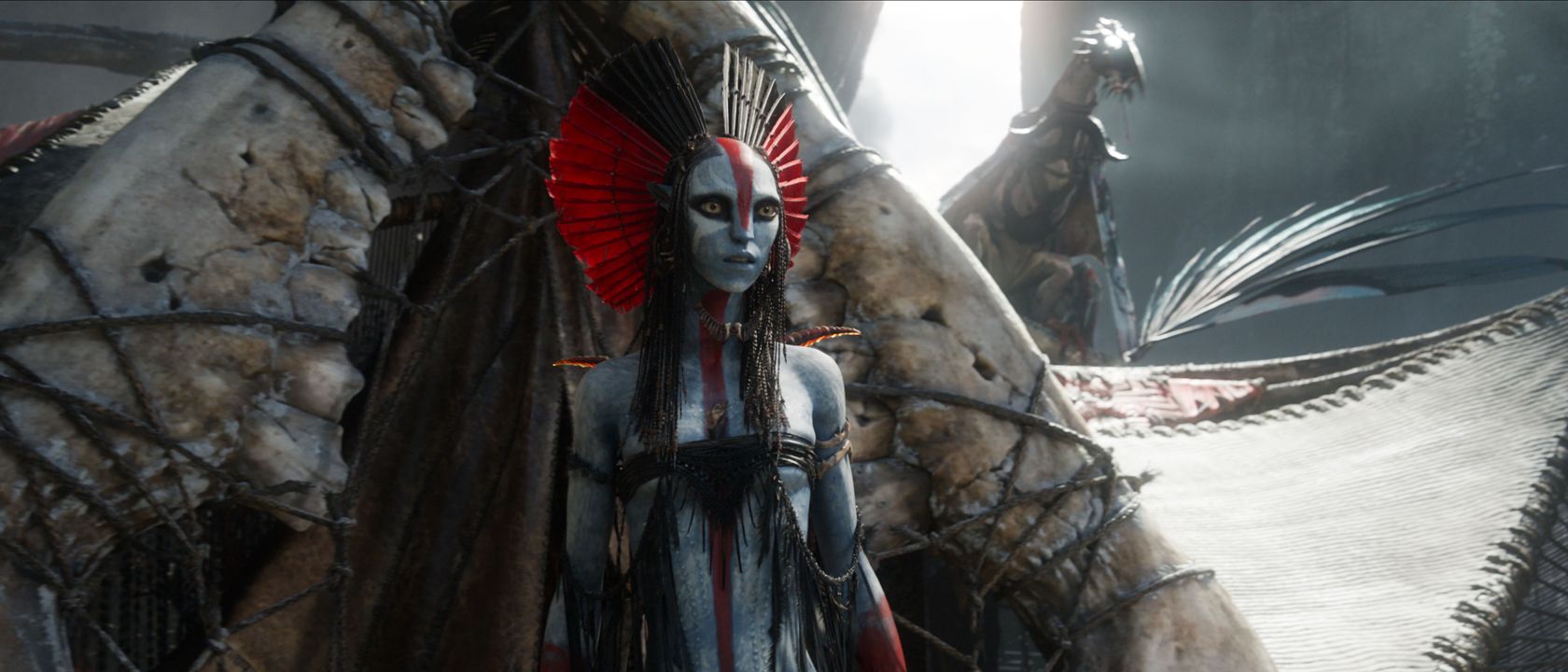
★★★
In Umma, from writer/director Iris K. Shim, Amanda (Sandra Oh) and her daughter Chrissy (Fivel Stewart) are beekeepers in rural America. They have a thriving business thanks to help from a small-town shopkeeper who sells their honey online, causing it to go viral. Amanda has no clue what that means because, plagued by her childhood fears, she and her daughter live a solitary life on their farm without the aid of technology or electricity. When the sun goes down, the lantern and candles are lit. After Amanda’s estranged mother dies, her uncle arrives from Korea, bringing the mother’s ashes with him. These need to be disposed of so the latter can move on into the afterlife. But instead, Amanda’s Umma (the Korean word for mother) begins to haunt her.
Umma is a leisurely-paced 83-minute movie that tackles themes of immigration, death, and relationships between mothers and daughters. The script is rich with thematic elements but slight in horror. This film is for an astute audience who likes to be slightly scared. There are a few poorly executed jump scares and murky images of apparitions that distract from the story. Yet, it succeeds as a commentary on the horrors of life but not as a horror film. There is an excellent story somewhere behind the faux paranoia and haunted house tropes, and moviegoers could learn from that story. Unfortunately, Umma never on its potential until it is too late.
Still, moviegoers will find something worth watching here, partly due to the excellent casting by Nancy Nayor. Heavy hitter Oh (who also executive produced) brings the realistic horrors to life. She gives a solid, real, and grounded performance. Although it is perhaps too grounded, however hard she tries, it never feels like she cannot overcome her most significant obstacle. Stewart shines as Chrissy, confused by her mother’s behavior and yearning for her own independence. One could imagine the audience feeling a kinship with her.
Where Umma delivers is the introduction the audience gets to Korean culture, which the film could have expanded on to a more significant effect. Perhaps the best scenes are those that are spoken in Korean, with subtitles. The audience senses passion, fear, and a deeper understanding of Umma. Treating the audience to the Korean language, masks, and rituals elevates not only the movie but the audience. Moviegoers are asked to expand their thinking.
It is possible that those who are not generally fans of horror may like this film more than horror buffs. While it does not deliver in the horror genre, it does have something to offer as a film. It is thought-provoking and suspenseful and is worth seeing for the solid acting performances of Sandra Oh and the supporting cast. At its core, Umma is less a scary movie and more a movie about being scared.
Source


